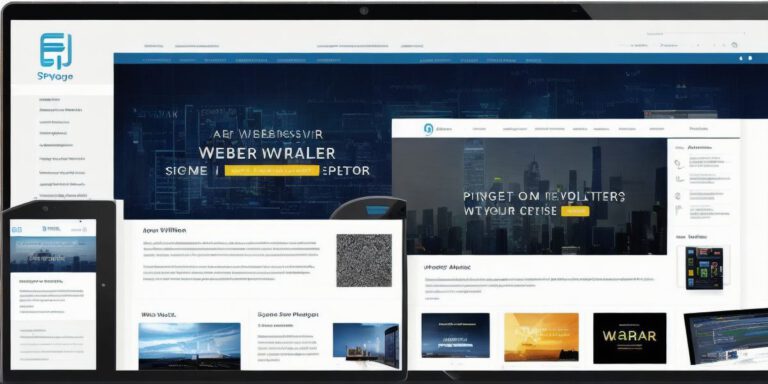Decoding the Distinction: Understanding the Differences Between Coding and IT

Introduction:
In today’s rapidly evolving technology landscape, it can be challenging for individuals to distinguish between coding and IT. While both fields involve working with computers and software, there are significant differences that set them apart. In this article, we will explore the nuances of coding and IT and provide practical tips on how to decode these distinctions for a successful career in the technology industry.
What is Coding?
At its core, coding involves writing instructions for computers to execute. These instructions, written in a programming language such as Python or Java, tell the computer what to do and how to do it. Coders are responsible for developing software applications, websites, and other digital products that run on computers and mobile devices.
What is IT?
IT (Information Technology) refers to the hardware, software, and infrastructure that support the use of technology in businesses, organizations, and homes. IT professionals work to maintain and improve these systems, ensuring that they run smoothly and securely. They may be responsible for tasks such as network administration, data management, and cybersecurity.
The Differences Between Coding and IT
While both coding and IT involve working with computers, there are several key differences between the two fields. Firstly, coding is a technical skill that requires knowledge of programming languages and algorithms, while IT encompasses a broader range of skills and knowledge areas, including hardware, software, and infrastructure.
Secondly, coding is a more focused and specialized field, with coders often working on specific projects or products. In contrast, IT professionals may work on a variety of tasks and systems, making their roles more diverse and multifaceted.
Finally, coding requires a strong analytical and problem-solving mindset, as coders must be able to identify issues and develop solutions using programming logic. IT professionals, on the other hand, require skills in project management, communication, and teamwork to effectively manage and maintain complex systems.
Real-Life Examples of Coding and IT
To illustrate these distinctions, let’s consider some real-life examples of coding and IT in action. A coder might be responsible for developing a new feature for a mobile app or website, using their knowledge of programming languages like Swift or JavaScript to write the code that powers the feature. In contrast, an IT professional might be responsible for maintaining a company’s network infrastructure, ensuring that all systems are secure and running smoothly.
FAQs
- What is the difference between coding and IT?
Coding involves writing instructions for computers to execute, while IT refers to the hardware, software, and infrastructure that support the use of technology. - Do I need a degree in computer science to be a coder or IT professional?
While many coders and IT professionals have degrees in computer science, it is not strictly necessary. There are many other paths to a career in these fields, including self-study and online courses. - What skills do I need to be a successful coder or IT professional?
Coders need strong analytical and problem-solving skills, as well as knowledge of programming languages and algorithms. IT professionals need skills in project management, communication, and teamwork, as well as knowledge of hardware, software, and infrastructure. - What is the job outlook for coders and IT professionals?
The job outlook for both coders and IT professionals is strong, with steady growth expected in these fields over the next several years.
Summary:
Decoding the differences between coding and IT can be challenging, but by understanding the nuances of these fields, individuals can make informed decisions about their career paths. Whether you are interested in developing software applications or maintaining complex systems, there are many opportunities available for those with the right skills and knowledge. By focusing on your strengths








